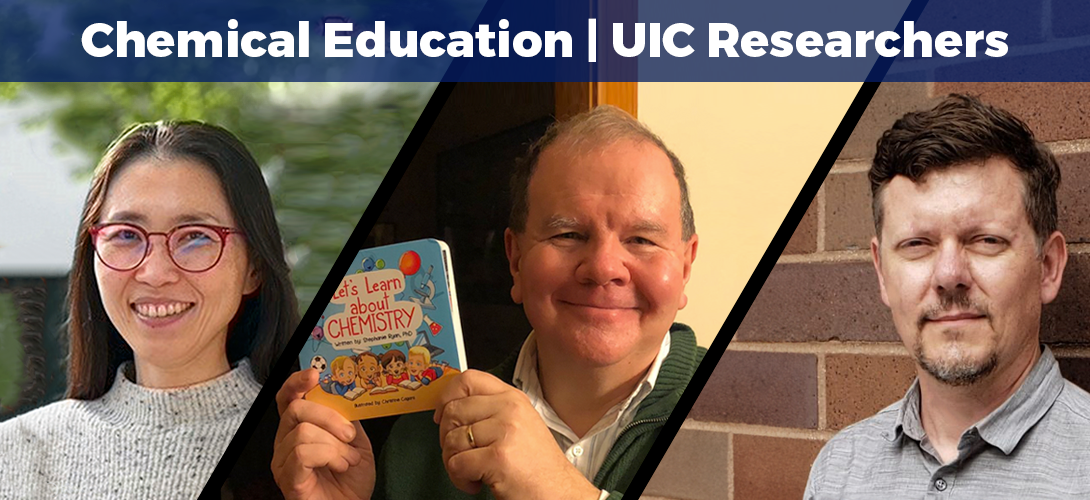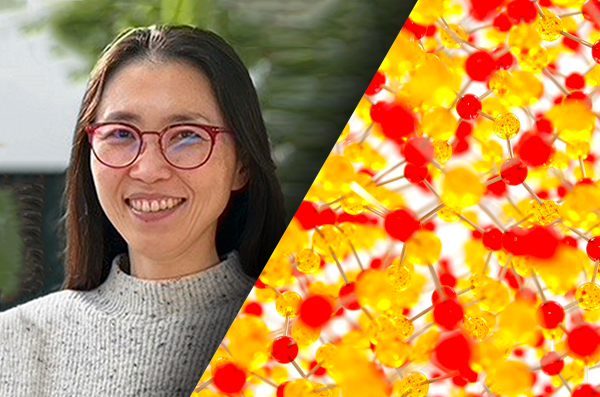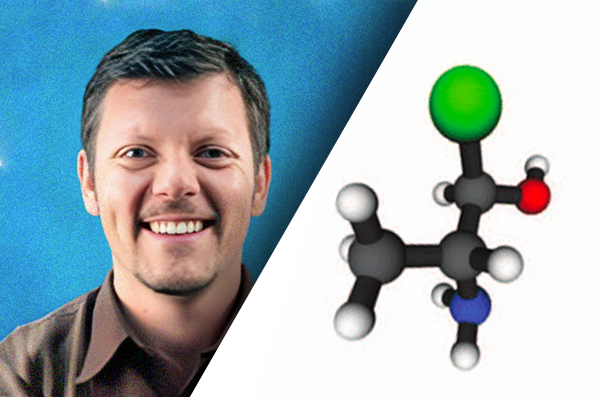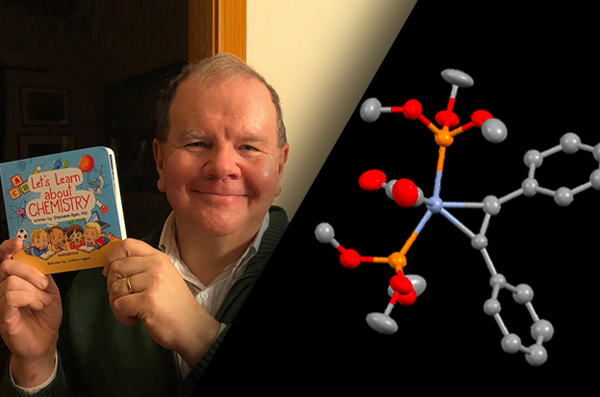Chemical Education Research
Chemical education development and research work is carried out by UIC faculty working on our own undergraduate curriculum and in work that studies and supports K-12 education. Areas of interest include spatial reasoning, interdisciplinary teaching, inquiry in laboratory and lecture instruction, and the use of technology in instruction. In many cases the work overlaps with learning sciences research, which extends questions of chemical education research into studies of how chemistry instruction occurs in specific learning environments.
Chemical Education hidden

hidden
Minjung Ryu

- We study chemistry and STEM education focused on educational equity.
- We hope to implement Inclusive teaching practices to support students from historically minoritized groups in K-16 classrooms and informal settings.
- We use design research methods, ethnography, and discourse analysis to understand students’ engagement, learning, and identity development.
Mike Stieff

Dr. Mike Stieff’s lab conducts research on spatial thinking in chemistry and the design of visualizations for supporting chemistry learning. With funding from the U.S. Department of Education, he has developed The Connected Chemistry Curriculum, a self-contained high school curriculum, which teaches chemistry using computer visualizations. Stieff’s lab makes use of eye-tracking and head-tracking technologies to support spatial reasoning and chemistry learning and is currently exploring new interface designs that allow learners to embodied spatial relationships embedded in scientific models.
Donald Wink

- Curriculum innovation in undergraduate chemistry. We develop new ways of teaching, especially in the laboratory, and conduct research on students experience to better characterize the learning that occurs. This includes a focus in introducing reflective work for students, strong connections to the materiality of chemical systems, and understanding the basis of chemical analysis.
- Studies of student experiences in initial learning experiences. Working in the context of workshops that introduce students to the learning of chemistry and to research, we conduct phenomenographic work to characterize their experiences and to develop insights into new ways of supporting students’ sense of belonging and competence.
- Studies of student embodied cognition. This includes the use of concrete models and also analysis of gesture in student reasoning and thinking.
- Assessment and instruction in K-12 curricula. Making use of methods of principal assessment design, understanding-by-design, and analysis of science as a multi-dimensional phenomenon of disciplinary core ideas, science and engineering practices, and cross-cutting concepts, we work with our collaborators to develop new assessments and instructional guides.